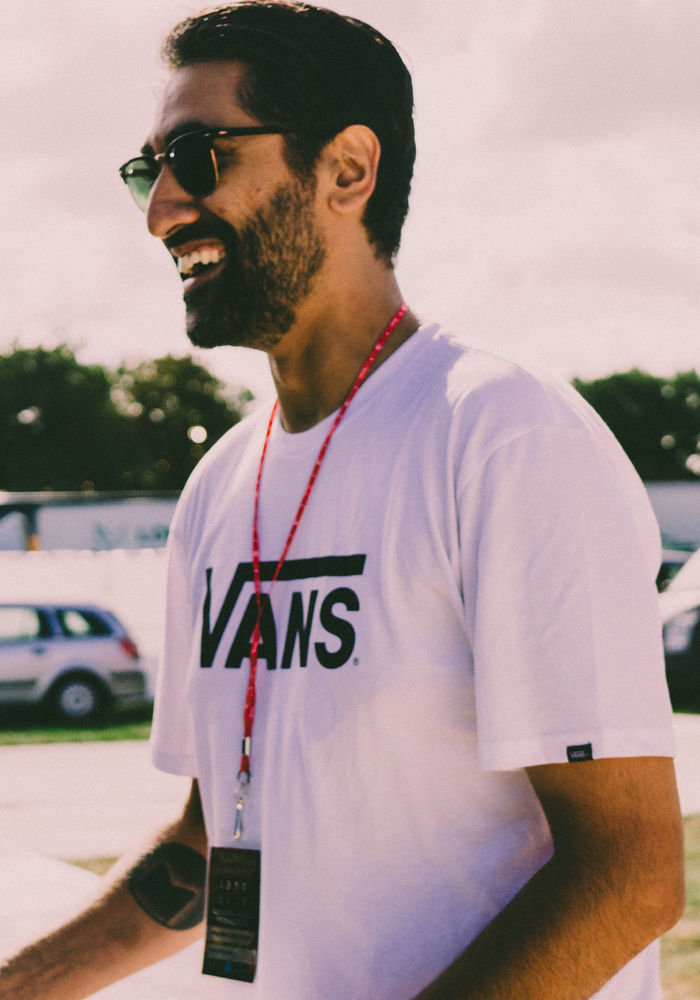Last month, London-based artist and music business development company Killing Moon Group launched The Music Federation in partnership with Believe, a new venture aimed at providing a scalable services-based distribution, label and non-label services solution for independent artists. Here, CEO Achal Dhillon takes us inside the new venture.
With a focus on artist and business development for the next generation of music industry stakeholders, and largely in response to the big-catalogue purchases of late predominantly taking place in the major label sector, The Music Federation promises to leverage a diverse range of skill sets unique to each of The Music Federation’s members.
Such members currently include Metropolis, Fierce Panda, Export Quality Records, Native.fm, Elephant Music, Polarface, Annabel Allum, Wild Paths and many more, which are yet to be announced.
Among the services provided by The Music Federation to its members include free-at-the-point-of-use recording studio services, promotional services (PR, radio, DSP playlist pitching), access to The Music Federation Advances (coming October 2021), free/discounted legal services with professional lawyers, merchandise facilities that are free at the point of use in respect to tour supply items, general training and expertise provided by Music Federation staff, video production services, access to artificial intelligence-based scouting, and more.
We spoke to Dhillon about how the organisation came together and the key challenges facing the independent music market…
What inspired you to launch this initiative?
Pretty much the same thing that's inspired me to take any sort of initiative over anything, against the existing narrative of whether people think I should or not: the rather potent combination of feeling like I've got nothing left to lose by trying something, combined with everything to gain by trying that very thing.
The concept of what we are doing with The Music Federation is hardly original in thought, but perhaps is in terms of manifestation. Right now, I feel this concept has been on the tip of a lot of people's tongues for decades. We just gave it a name. And a model, and a shitload of seed capital!
What are your immediate and long-term ambitions for The Music Federation?
I suppose the most immediate ambition was getting people to give a shit about it. I guess we didn't ultimately have too many problems there. Truthfully, I've been winding various people up - trade bodies, UK parliament, colleagues, label owners, my parents, myself - with this idea of a community-based industry that is truly meritocratic for years now.
I have tried, and largely failed, to consolidate what every industry should have - a reciprocal trade union for the workers within that industry (which is apparently weird for me to say as a business owner). They repeatedly did not give a fuck, to the point of me wondering how much of one I should give, and I don't think it's a coincidence that we've just had nearly two years of the ‘cool point’ of working in music just not being there anymore.
There was the requisite lack of distractions and solicitations in order to finally get this party started during the pandemic. It's cool that something awesome can come from something so shit.
Long term, I've been talking to my members a lot about this, well beyond 2021 actually. It was through listening to these ambitions of my community and peers that brought the concept together in the first place.
In a philosophical way, the main cut and thrust of what we're doing is to promote free-flowing movement of skills, knowledge and resources to the people who need to access them, and they decide generally what to do with it.
If you want your music business to generate millions in revenue every year, we can work with that. If you want to put out one record a year and create an entire sequence of live activity ranging from festivals to university tours to live streamed sessions around that one thing, we can do that, if there is a creative, promotional or commercial imperative to do so.
The point is, this is your music industry. We are not ready to become that miserable, whereby the value we extract from why we do this is measured purely in zeroes and ones, despite this being what the bastards want us to think.
This is what independent music is - it is not so concerned about giving you what you want per se, it's more about giving you what you don't know you want yet by allowing you to set your own definition of success and how much is actually enough for you.
If we can spread that ideology long-term - say if other organisations emulate us - then I'll wave the victory flag.



